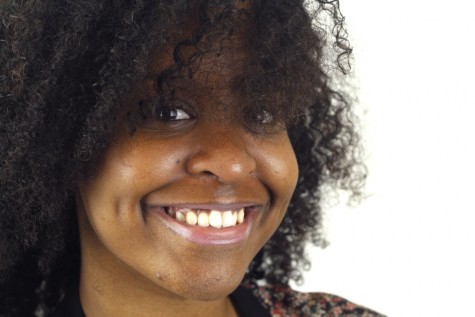TRiO helps students in need
September 2, 2015
With the many resources at the tip of students’ fingers, TRiO is a support service built on assisting students who fit into three categories.
TRiO offers assistance to students academically and pushes to increase graduation rates.
To become eligible for TRiO, students have to have a low-income status, be the first generation in their family to go to college, or have a disability.
Lynn Griesemer, TRiO’s office support specialist, said it is important for students to have a facility where they feel supported academically and mentally.
Griesemer said one reason TRiO was created was to help students with parents who did not receive a bachelor’s degree. She said the program helps them persist toward higher-level education.
Jazmine Thompson, a graduate assistant for TRiO, was part of the program and said many programs are geared toward first-generation college students, low income students or students with disabilities.
“To have a particular program that works with these students is really important because they are underrepresented,” Thompson said. “It’s important to bring light to their needs and to have those resources for them to help them become successful.”
Thompson said students who come from parents with money are not the only students who have goals. She said TRiO has resources for them and because of the load placed on students the program can be an escape when things get hectic.
Briana Keller, a sophomore health studies major, said she applied because she heard about the scholarship opportunities through TRiO. Keller said she was in Gateway her first year, and TRiO is a way to transition her into the next steps of college.
“In Gateway there are advisers, and people who are constantly helping you whenever they can,” Keller said. “With TRiO, I am still able to have the extra push and support from others just in case I need it.”
Shanieka Tolliver, a graduate student, was in the program and said TRiO helped to shape the person she is today. She said the program helped her through her transition from two-year college to a university.
Tolliver also said the best thing about being in TRiO was being able to meet who she could relate to.
“I wanted to meet people that were the first generation in their family,” Tolliver said. “Being able to have that experience and talk to them about the trials we faced throughout high school and college was great.”
Tolliver said her fellow members in TRiO continued to uplift and push one another to move forward in life.
Maggie Burkhead, the director of TRiO, said the program also offers support to non-traditional students as well. She said TRiO has no age limit, and in the past, someone who was 50 years old applied and got in.
“There are students that are parents, married and are not the traditional student who is coming straight out of high school,” Burkhead said. “As long as they are an undergraduate student and are eligible for TriO they’ll be considered.”
Burkhead said because many African-American students join, students think the program is targeted toward just them, which is not true. She said TRiO has around 130 students in the program she is now recruiting to acquire 175.
T’Nerra Butler can be reached at [email protected] or 581-2812















































